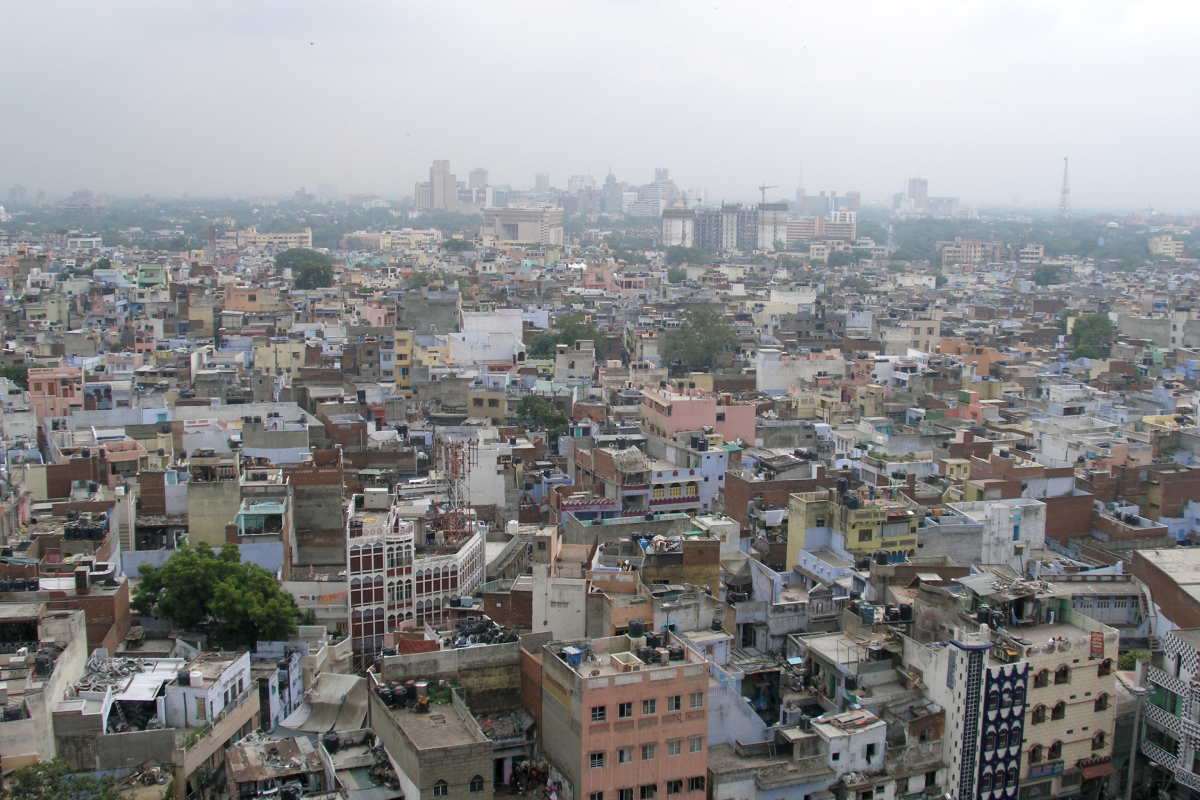NEW DELHI: Aiming to build on the progress achieved in air quality due to traffic curbs during G20, the Delhi government has banned all forms of firecrackers within the national capital.
This decision has been taken as a precautionary measure to combat the anticipated increase in pollution levels during the upcoming winter months in Delhi and the National Capital Region (NCR).
Government officials have made it clear that there will be no exceptions, and the ban on the sale and purchase of firecrackers will extend throughout the Diwali festival season, continuing until the end of the year.
Addressing the issue, environment minister Gopal Rai emphasized, “The winter season in Delhi witnesses a surge in pollution due to the widespread use of firecrackers. This severely compromises the air quality, posing significant health risks to children and the elderly. In light of these concerns, the Government has decided to impose a comprehensive ban on the manufacture, storage, sale (including online platforms), and the act of bursting firecrackers.”
ALSO READ: Celebratory fire kills minor boy in Nitish Kumar’s Nalanda
The Delhi Pollution Control Committee (DPCC) has been directed to communicate the necessary guidelines to all relevant departments. The ban on firecrackers in Delhi should also be extended to NCR states, as the environmental impact of fireworks in these areas directly affects the air quality in Delhi.
Rai pointed out that pollution levels typically rise within Delhi during the winter months. “From January to August, Delhi has enjoyed relatively low average Air Quality Index (AQI) readings, with an AQI of 45 recorded just yesterday (Sunday). However, as winter sets in during October, increased humidity and particulate matter accumulation contribute to deteriorating air quality both within and outside Delhi,” he explained.
Notably, on October 23, 2018, the Supreme Court allowed the manufacture and sale of green crackers only. However, due to escalating pollution concerns in 2019, the National Green Tribunal (NGT) mandated a complete ban on all types of firecrackers when the AQI falls within the “poor” and above categories. Building upon this, DPCC enforced a total ban on firecrackers in 2021, with subsequent bans in 2022, and now, in 2023.
Rai highlighted the significant progress made by the Delhi Government’s anti-pollution efforts over the last nine years, with a 42% reduction in PM10 levels and a 46% reduction in PM2.5 levels. He also revealed plans to host an ‘Environmental Experts Meet’ at the Delhi Secretariat on Tuesday to incorporate expert suggestions into the Winter Action Plan.
The ‘Environmental Expert Meet’ will involve the participation of 24 organizations and experts, including CSE, Council of Energy, Environment and Water, Council for Clean Transportation, RMI India, Environmental Defense Fund, UNEP, IIT Delhi and Kanpur, ASAR, Air Pollution Action Group, Climate Trends, Care for Air, Climate works foundation, Sustainable Energy Foundation, ORF, CSTEP, WRI India, GIZ India, forest, C40, Epic India, Clean Air Asia, among others.
Rai further announced a joint meeting with all 28 concerned departments scheduled for September 14, where senior representatives from various government bodies will convene. The primary objective of this meeting is to devise a coordinated action plan to combat pollution in Delhi, with specific responsibilities assigned based on the key elements outlined in the Winter Action Plan.
Concluding his statement, Rai stressed the importance of a collective effort to reduce pollution, stating, “An anti-firecracker campaign will be initiated within Delhi, involving all residents, Resident Welfare Associations (RWA), Paryavaran Mitra, and Eco Club. Every individual must contribute to reducing pollution, understanding our collective responsibility for environmental well-being.”










